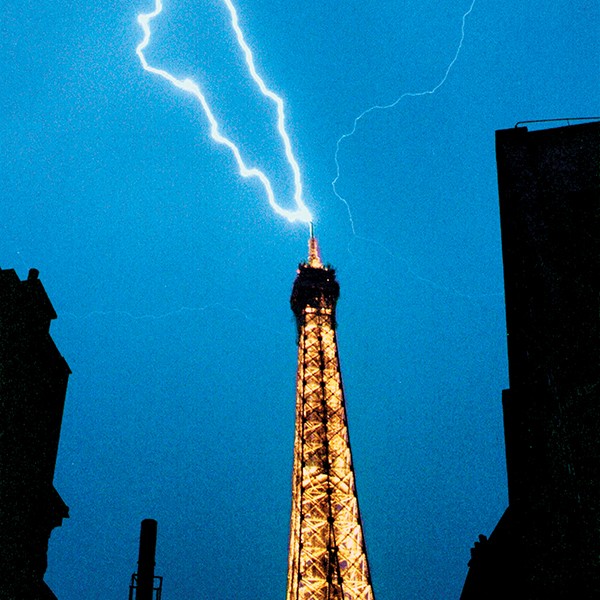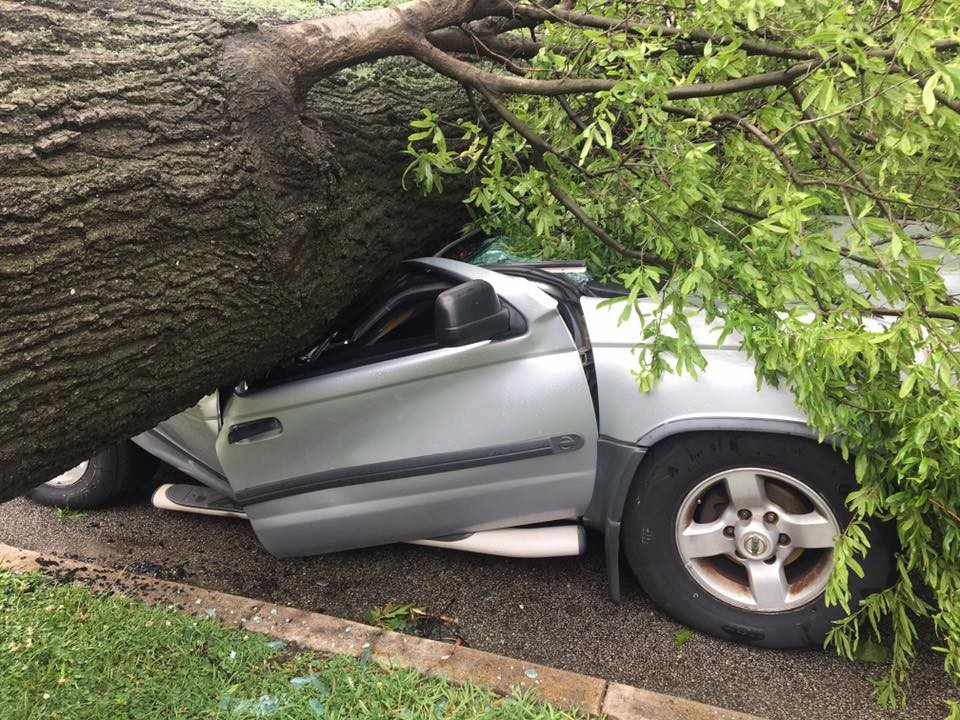This is a peculiar holiday season. Tradition urges us to be festive, and we will do our best to comply, though it may require more than the usual determination to be of good cheer. The current week began in a climate of uncertainty, and we mean that in both a literal and a figurative sense — literal in the sense that there was a day or two of genuinely cold and dreary weather, sufficient to remind us that, with winter approaching, we are indeed at the mercy of the elements. That chilly prospect coexists this year with wildfires raging once again in the far West, tokens, we are told, of unusually severe drought conditions, and (need we add?) of climate change — a term that is now taboo in the vocabulary of this nation’s reigning government.

In the eight years of President Barack Obama’s administration, the attitude regarding this fact of elemental crisis was summarized by this statement on the White House website: “President Obama believes that no challenge poses a greater threat to our children, our planet, and future generations than climate change.”
Under President Trump, that line has been replaced by this one: “President Trump is committed to eliminating harmful and unnecessary policies such as the Climate Action Plan and the Waters of the U.S. rule.” And no, we are not making this up.
This week marks the second anniversary of the signing of the much-celebrated international accord on climate change in Paris — a compact entered into with the full cooperation of the United States. As is well known, President Trump has withdrawn our participation in the agreement, putting the United States in the position of being the only nation on earth formally dissenting from the goals of long-term planet survival.
This very week, to mark the anniversary of the international consensus on climate change, the nations participating in the agreement convened in Paris for a commemorative One Planet Summit, committed to the goal of what the organizers called “carbon neutrality” — i.e., the progressive reduction of CO2 levels in the atmosphere. The United States government was represented at the affair by a stand-alone booth promoting the availability of American coal, the fossil fuel that has been pinpointed as a major source of the deleterious greenhouse effect stemming from excessive CO2. And we’re not making this up, either.
One of the most intriguing statements emanating so far from the summit has been an announcement from French President Emmanuel Macron concerning an ongoing competition sponsored by his government to provide grants allowing climate scientists from elsewhere to relocate in France so as to pursue their researches into combating climate change. Of the 18 grants offered, 13 have been awarded to American scientists. And the name given to this grant program? “Make Our Planet Great Again” — an obvious counterpoint, for those who need reminding, to Trump’s nativist slogan “Make America Great Again.”
And, one more time, we are not making this up, either. Vive la Difference!
